Unlock the Science Behind Serums: Transform Your Skincare Routine! Delve into the magic of serums & discover their game-changing benefits
Namaste, skincare enthusiasts! For years, we’ve been bombarded with
advertisements promising flawless skin, often featuring a dazzling array of creams, lotions, and potions. But have you ever stopped to wonder about those little bottles of magic called serums?

They often come with a higher price tag, but are they really worth the hype? Let's delve into the fascinating science behind serums and explore why they’ve become such a game-changer in the skincare world.
What Exactly Are Serums and How Are They Different?
Think of serums as the special forces of your skincare army. While moisturisers primarily focus on hydrating the skin's surface and creating a protective barrier, serums are designed to penetrate deeper and deliver a concentrated dose of active ingredients directly to your skin cells.
This is thanks to their smaller molecular size and formulation, which allows them to bypass the outer layers and get to work where it matters most.
Unlike heavier creams, serums are typically lightweight, water-based or oil-based formulas.
This allows for faster absorption and prevents that greasy feeling that some moisturisers can leave behind.
Common ingredients found in serums include antioxidants like Vitamin C and Vitamin E, which fight free radical damage; hydrating agents like hyaluronic acid, which draws moisture to the skin; and peptides, which stimulate collagen production.
Different serums target specific concerns, such as wrinkles, dark spots, acne, and dryness.
The Science Behind the Penetration Power
The key to serum's effectiveness lies in their ability to penetrate the skin's outer layer, the stratum corneum.
This layer acts as a barrier, protecting us from environmental aggressors and preventing moisture loss. However, its tightly packed cells can also hinder the absorption of skincare products.
Serums are formulated with smaller molecules and often utilize delivery systems like liposomes to encapsulate and transport active ingredients past this barrier.
Some serums also contain ingredients like glycolic acid or salicylic acid, which gently exfoliate the skin and further enhance penetration.
This targeted delivery system allows the active ingredients to reach the deeper layers of the skin, where they can stimulate collagen production, reduce inflammation, and address other specific concerns.
Key Ingredients and Their Scientific Backing
Let's take a look at some of the most popular serum ingredients and the science that supports their effectiveness:
Vitamin C
This powerful antioxidant protects the skin from free radical damage caused by sun exposure and pollution. It also helps to brighten the skin, reduce hyperpigmentation, and stimulate collagen production.
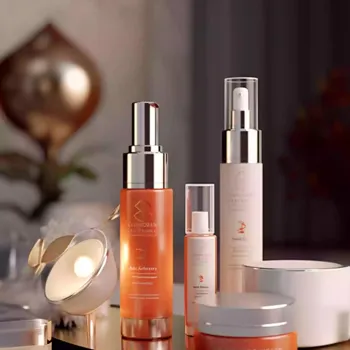
Studies have shown that topical application of Vitamin C can improve skin texture, reduce the appearance of wrinkles, and protect against UV damage.
Hyaluronic Acid
This humectant attracts and binds moisture to the skin, keeping it hydrated and plump. It can hold up to 1000 times its weight in water, making it an excellent ingredient for dry and dehydrated skin.

Research has demonstrated that hyaluronic acid can significantly improve skin hydration, reduce the appearance of fine lines, and enhance skin elasticity.
Retinol (Vitamin A)
Retinol is a potent anti-aging ingredient that stimulates collagen production, increases cell turnover, and reduces the appearance of wrinkles and fine lines. It can also help to improve skin texture and tone, and reduce acne breakouts.

However, retinol can be irritating for some skin types, so it's important to start with a low concentration and gradually increase usage.
Peptides
These small chains of amino acids are the building blocks of proteins like collagen and elastin. Applying peptides to the skin can stimulate collagen production, improve skin firmness and elasticity, and reduce the appearance of wrinkles.
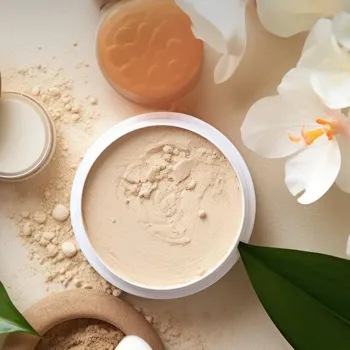
Different types of peptides target specific concerns, such as wrinkle reduction, collagen synthesis, and skin repair.
Choosing the Right Serum for Your Skin Type and Concerns
With so many serums available on the market, it can be overwhelming to choose the right one for your skin. Here are a few tips to help you narrow down your options:
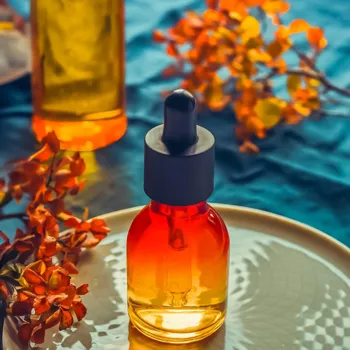
Identify Your Skin Type
Are you dry, oily, combination, or sensitive? Choosing a serum formulated for your skin type will ensure that it addresses your specific needs without causing irritation or breakouts.
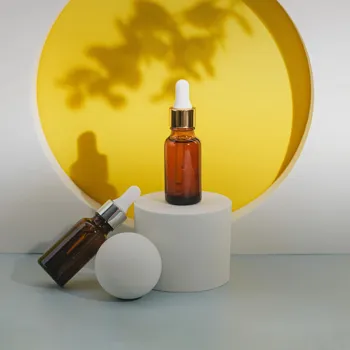
Define Your Skincare Goals
What are you hoping to achieve with your serum? Are you looking to reduce wrinkles, brighten your skin, treat acne, or hydrate dry skin?
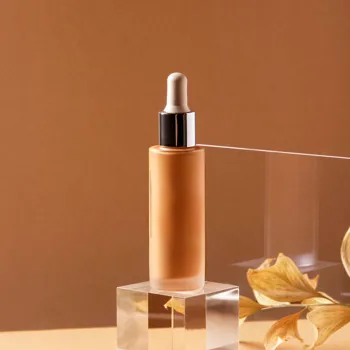
Read the Ingredient List
Look for serums that contain active ingredients that are backed by science and relevant to your skincare goals. Avoid serums that contain harsh chemicals, artificial fragrances, or unnecessary fillers.
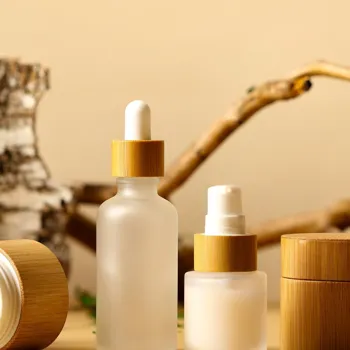
Consider Concentrated Formulas
Serums are lightweight and deliver active ingredients to the skin layers. Different serums target concerns like ageing, wrinkles, acne and dark spots. Choose based on skin conditions and concerns.

Do a Patch Test
Before applying a new serum to your entire face, test a small amount on a discreet area of your skin, such as behind your ear or on your inner arm. Wait 24-48 hours to see if you experience any irritation or allergic reaction.
Incorporating Serums Into Your Skincare Routine
Serums are typically applied after cleansing and toning, but before moisturising. This allows the serum to penetrate the skin effectively before being sealed in by a heavier cream. Here's a basic skincare routine that incorporates a serum:

Cleanse: Use a gentle cleanser to remove dirt, oil, and makeup from your skin.
Tone: Apply a toner to balance your skin's pH levels and prepare it for the serum.
Serum: Apply a few drops of serum to your face and neck, gently pressing it into the skin.
Moisturise: Apply a moisturiser to hydrate and protect your skin.
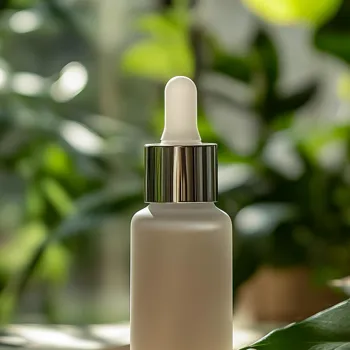
Sunscreen (Daytime Only): Apply a broad-spectrum sunscreen with an SPF of 30 or higher to protect your skin from sun damage.
Serums are a powerful addition to any skincare routine, thanks to their concentrated formulas and ability to penetrate deep into the skin.
By understanding the science behind serums and choosing the right one for your skin type and concerns, you can unlock their potential to improve your skin's health and appearance.
Remember to be patient and consistent with your skincare routine, and you'll be well on your way to achieving your skin goals! Do a patch test before appling it.
AI Generated Content. Glance/InMobi shall have no liability for the content











